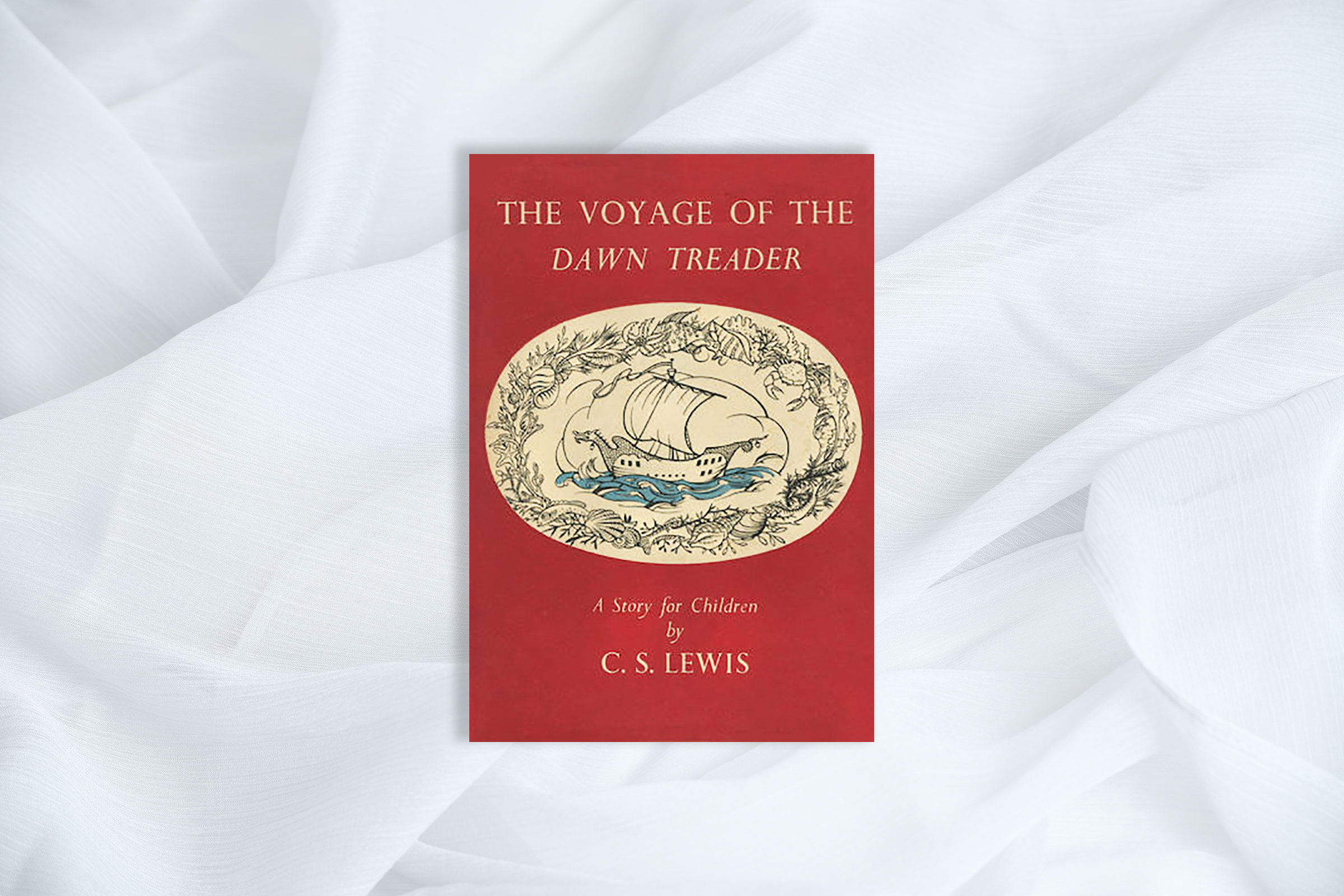

The narrator also starts to suggest that the characters are beginning to run out of ways to describe their sublime experience: "Lucy found it very hard to describe" (16.17) and "Edmund and Eustace would never talk about it afterwards (16.53). Lucy and Caspian say to one another, "I feel that I can't stand much more of this, yet I don't want it to stop" (16.17). Simply existing becomes so exciting and pleasurable that it's almost overwhelming. Lewis's idea of heaven is that just being – looking at things and drinking in the light – is enough. As they get closer and closer to "Aslan's country," they feel no need to eat or drink or talk, and they don't have to do any work, because the current carries them forward. The edge of the world, where people pass from an earthly existence to a heavenly one, is beautiful, awe-inspiring, and solemn. The stillness of that last sea laid hold on them. The further they sailed the less they spoke, and then almost in a whisper. As they get close to it, the narrator states:Įveryone on board was filled with joy and excitement, but not an excitement that made one talk. If you've made it to the end of the book, you've probably realized that Aslan's country is a metaphor for, or maybe just a fantasy-world version of, heaven. Our focus is on the voyage itself, not necessarily on any one person.Īnother interesting feature of the ending is the nature of the eastern seas and Aslan's country. Once the ship sails and then glides as far east as it can, that's the end. Why? Well, perhaps because the book isn't following any single character we're following the ship itself. Lewis to explain what happened to everyone after they found the end of the world. When Lucy, Edmund, Eustace, and Reepicheep say goodbye to their friends on the Dawn Treader, the narrator just tells us that it was "a grievous parting on both sides" and he won't "dwell on it" (16.52). Once Aslan has told Caspian that he can't abandon his kingdom and journey east with Reepicheep, he's pretty much out of the picture. What might surprise you more than the fact that the quest is fulfilled and everyone makes it home (or, in Reepicheep's case, to Aslan's country) is how quickly the narrator wraps everything up. "And then they all went home" about sums it up. Lucy, Edmund, and Eustace go back to their own world, all the wiser for their adventures in Narnia – especially Eustace, who was an absolute pill and now vaguely resembles a human being. Reepicheep fulfills his destiny and travels all the way to the east and into Aslan's country.

Caspian returns to Narnia, taking Ramandu's daughter with him as his new Queen. The Voyage of the Dawn Treader ends with everyone going their separate ways.


 0 kommentar(er)
0 kommentar(er)
